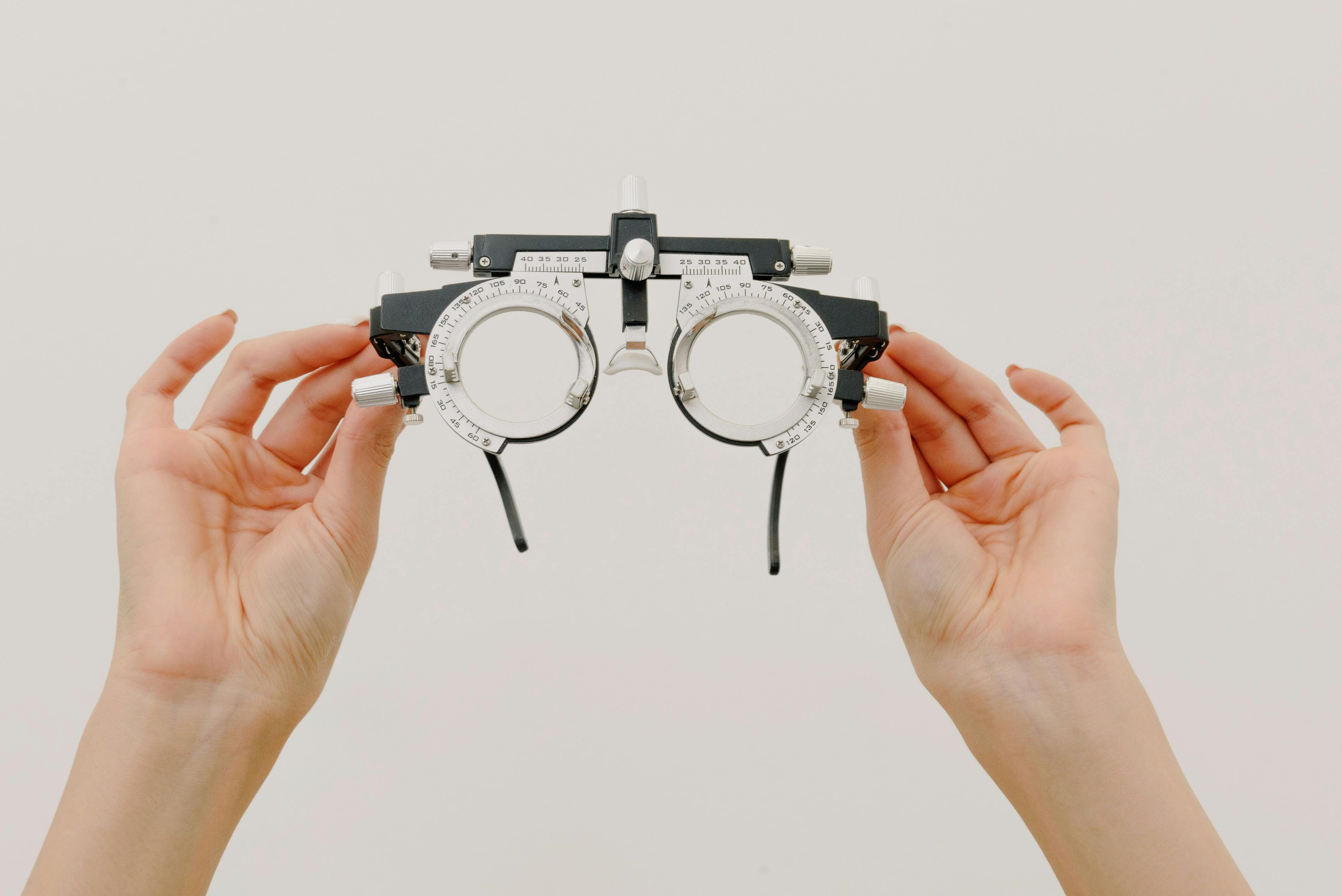An expert witness is a person who is an expert in their particular field and is called to testify in a trial. There is something about that trial that suggests this individual might be helpful in establishing the defendant’s guilt or innocence. For example, a dentist may be called to discuss bite patterns or to testify about a victim’s dental records. A neurologist could be called to testify about the abnormalities in the defendant’s brain that led him to commit the crime. There are so many types of expert witnesses that could be called to the stand.
But when hiring an expert witness, it is important that the attorney who hires you ask certain questions before telling that person that they can testify. Those questions include:
– They should be asked to clarify their profession, what is the field in which they are experts. They should also be asked to show their credentials if they are not known to the lawyer.
– They should also be asked to clarify how long they have been in their profession. Longevity can help a lot. On the other hand, there are some people who are just out of college who have fresher knowledge in the field they are in.
– The potential expert should be asked if he or she has any personal involvement in the case. It is important that they do not have any kind of relationship with the defendant. If they do, they will not be called to be expert witnesses. It is important that they are in an impartial situation so that they can present an impartial opinion on the case. They are expected to give their expert opinion and that is all.
– They should be asked if they have received any information about the case before the interview. This is because receiving advanced information can cause bias. That is why jurors are often asked if they have any information about the case before the interview. That information can cause an opinion that could jeopardize the case.
– They could be asked if they have been involved in cases like this before. Experience always helps when it comes to finding someone comfortable enough to speak up on the witness stand. They should also be aware of how to give the necessary details when asked.
– They should also be asked if they have problems being under oath. Some people have a problem with being under oath because of specific beliefs they may hold. However, most don’t have a problem with that.
– There may be questions specific to your specialization that can be asked to ensure that the prospective expert knows what they are talking about. It’s important to have questions ready that prevent them from pretending to be the experts.
It is very important to make sure that the potential expert witness is someone who may have some kind of impact on the case. Whether they are working behind the scenes as non-testifying witnesses or testifying witnesses, they have to know what they are talking about. They can’t just pretend they know what they’re talking about just because they want to be involved in the case in some way. Sure, they may get publicity for it, but that’s not a reason to get involved in a case. It is important to make sure that the potential expert witness wants to testify because he really wants to help the case. They want to offer some insight that will determine the individual’s guilt or innocence at trial.

